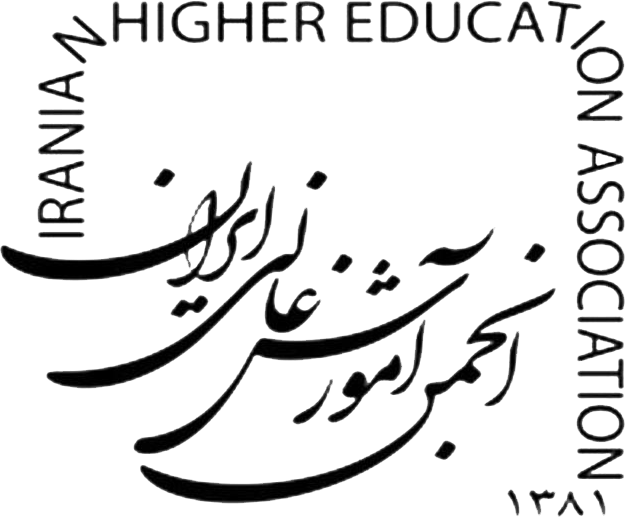Volume 13, Issue 4 (2021)
ihej 2021, 13(4): 25-38 |
Back to browse issues page
Download citation:
BibTeX | RIS | EndNote | Medlars | ProCite | Reference Manager | RefWorks
Send citation to:



BibTeX | RIS | EndNote | Medlars | ProCite | Reference Manager | RefWorks
Send citation to:
Parhamnia F. The study of scientific thinking and reflective thinking and their relationship with research self-efficacy among post graduate students. ihej 2021; 13 (4) :25-38
URL: http://ihej.ir/article-1-1527-en.html
URL: http://ihej.ir/article-1-1527-en.html
Islamic Azad University , fparhamnia@yahoo.com
Abstract: (4276 Views)
Problem and purpose: One of the important topics in the educational system that has been considered by researchers is thinking skills. Thinking skills are important interdisciplinary topics that can be used in various fields of humanities and social sciences. Therefore, the main purpose of this study was to study scientific thinking and reflective thinking and their relationship with research self-efficacy of graduate students. The research method was survey.
Method: The sample size was 347 postgraduate students at Razi Universities, Medical Sciences University and Islamic Azad University of Kermanshah. Data were collected using a questionnaire.
Findings: Findings showed that all subscales of scientific thinking questionnaire including observation, inference, scientific practice, use of scientific theories and rules, social and cultural context, creativity and visualization, and use of scientific methods had a positive and significant relationship with research self-efficacy. There was no significant difference between gender and scientific thinking and research self-efficacy and between educational level and research self-efficacy. But there was a significant difference between educational level and scientific thinking. The results of Kruskal-Wallis test showed a significant difference between the type of university and scientific thinking. But, there was no significant difference between the type of university and research self-efficacy.
Conclusion: Generally, research self-efficacy is influenced by scientific thinking and reflective thinking. Proper teaching of scientific and thought-based thinking will increase students' research self-efficacy and affect their research performance.
Method: The sample size was 347 postgraduate students at Razi Universities, Medical Sciences University and Islamic Azad University of Kermanshah. Data were collected using a questionnaire.
Findings: Findings showed that all subscales of scientific thinking questionnaire including observation, inference, scientific practice, use of scientific theories and rules, social and cultural context, creativity and visualization, and use of scientific methods had a positive and significant relationship with research self-efficacy. There was no significant difference between gender and scientific thinking and research self-efficacy and between educational level and research self-efficacy. But there was a significant difference between educational level and scientific thinking. The results of Kruskal-Wallis test showed a significant difference between the type of university and scientific thinking. But, there was no significant difference between the type of university and research self-efficacy.
Conclusion: Generally, research self-efficacy is influenced by scientific thinking and reflective thinking. Proper teaching of scientific and thought-based thinking will increase students' research self-efficacy and affect their research performance.
Send email to the article author
| Rights and permissions | |
 |
This work is licensed under a Creative Commons Attribution-NonCommercial 4.0 International License. |





